
The Application Notebook
Click the title above to open the LCGC North America February 2016 Application Notebook Issue, Vol 34 No s2, in an interactive PDF format.

The Application Notebook
Click the title above to open the LCGC North America February 2016 Application Notebook Issue, Vol 34 No s2, in an interactive PDF format.

The Application Notebook
Studies of adenosine monophosphate (AMP) and phosphorylated sugar in rat blood have become increasingly important in toxicology and insulin investigation. HPLC is typically the ideal method for this study. Shodex VT-50 2D would be the ultimate column due to its cAMP and AMP capabilities.

The Application Notebook
Initial precision was demonstrated by spiking four 1-L volumes with one Snip and Pour pre-measured standard, each (40 mg). The data for four replicates was collected for 47 mm Disks and 100 mm Disks. The average percent recovery is excellent and meets the criterion specified of 83–101% HEM recovery for both size disks. The standard deviation is better than the criterion specified of 11% for HEM.
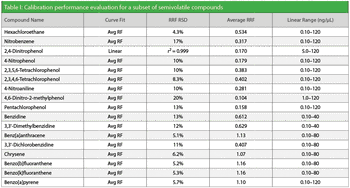
The Application Notebook
Semivolatile calibrations on this column dimension often range from 1.0 to over 100 ng/µL; however, a 0.25 mm ID column usually experiences peak overload as the mass on column approaches 10 ng. As shown in Figure 1, isobars that elute close together-such as benzo[b]fluoranthene and benzo[k]fluoranthene-quickly become unquantifiable as mass on column increases. Under split conditions, the resolution requirement (50% valley) is met for all nine calibration standards, and the peak apices shift less than 0.04 min, indicating only minor peak overload. Conversely, under splitless conditions, the three highest concentration calibration standards fail the resolution criterion. The peak fronting and resulting overlap from column overload make it impossible to generate a linear calibration including these points. Additionally, the peak apex of benzo[b]fluoranthene shifts more than 0.2 min, which could result in an erroneous compound identification.
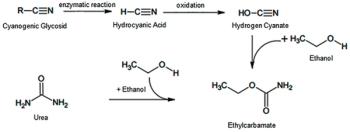
The Application Notebook
A variety of alcoholic beverages purchased within the UK were analyzed for the presence of Ethylcarbamate. A 1 µL injection of these alcoholic beverages were analyzed on an Ellutia 200 GC followed by detection on an Ellutia 820 TEA working in nitrogen detection mode. This mode of analysis detects nitrogen containing compounds within a sample. The Ellutia 810/820 systems are able to analyse various nitro or nitroso compounds, utilizing the selectivity available through nitrogen or nitroso modes. Nitrogen mode utilizes the catalytic pyrolyzer tube, oxygen reactor, and higher temperatures to detect nitrogen compounds. Results for various alcoholic beverages are shown in Figure 3. The samples were found to have various low levels of ethylcarbamate, the system was optimized through levels of oxygen input and EHT sensitivity. The samples were then analyzed adopting a standard addition approach.
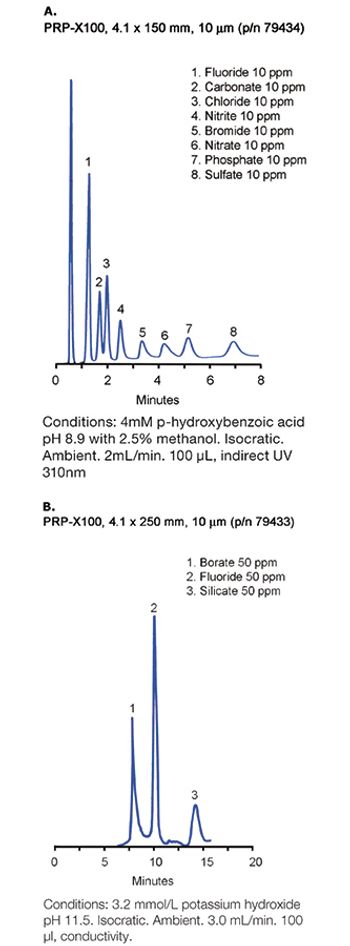
The Application Notebook
Hamilton PRP-X100 and PRP-X110 are the perfect solution for anion analysis in water or environmental samples. The robust design and covalent surface modification of the packing material lead to a highly increased lifetime as compared to the competition. The production process is compliant to ISO 9001 ensuring an outstanding column-to-column and lot-to-lot reproducibility.

The Application Notebook
This application note describes the development of an analytical method for the sensitive and accurate determination of free and total thyroid hormones in serum and plasma using a mixed-mode SPE extraction procedure and UHPLC–MS-MS analysis.
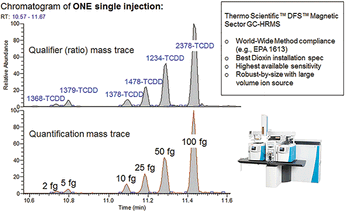
The Application Notebook
The standards are commercially available from Wellington Laboratories Inc. (Ontario, Canada): TF-TCDD-MXB.
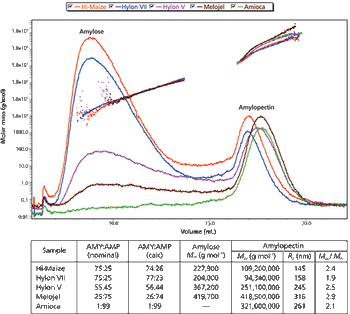
The Application Notebook
Integration of RI peak areas enabled calculation of the AMY:AMP ratios, in excellent agreement with the nominal values. The values for Mw and Rz fall within the generally accepted limits found in the literature. Conformational plots for the AMP component verify its branched nature.

The Application Notebook
Deans switch two dimensional gas chromatography is a powerful tool for identification and quantitation of trace components in a complex matrix. With this setup, operators no longer work in the dark. MDGCsolution software makes the heart-cut easy and straightforward.
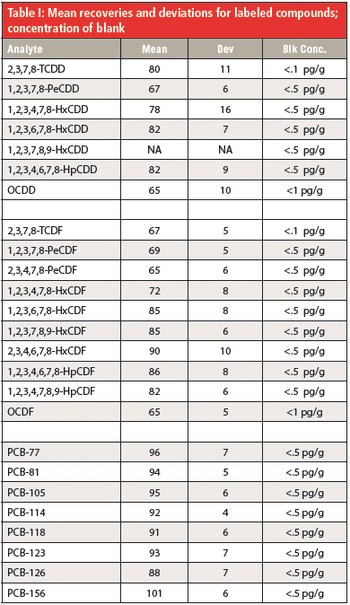
The Application Notebook
Analysis of the six matrices processed yielded acceptable recoveries for all analytes with standard deviations below 20%. Analysis of an n-hexane blank sample resulted in no detectable target analytes measured within the calibration range of each respective compound.
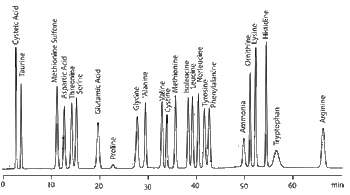
The Application Notebook
Commission Regulation (EC) No 152-2009 published in the official Journal of European Union laid down the methods of sampling and analysis for the official control of feed. The Regulation describes methods of analysis to control the composition of feed materials and compound feed products. Establishing the amino acids profile is an important way to control quality and nutritional value of feeds.
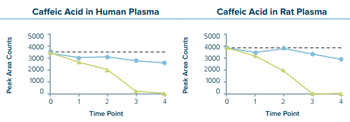
The Application Notebook
The ex vivo lability of some drug compounds and molecules in bio-analytical assays can add complexity and uncertainty to results and can pose significant challenges in drug development efforts. This can be especially true for compounds that are subjected to long-term cryogenic storage and that may need to be tested multiple times (for example, samples collected for clinical trials). Frozen aliquotting technology may offer a simple solution for stabilizing target compounds in frozen biological specimens, helping to streamline bio-analytical assay development and execution. The CXT 750 Frozen Sample Aliquotter, an automated instrument capable of generating quantitative aliquots of frozen plasma without thawing the sample, was evaluated at GlakoSmithKline for integration into biaonalytical workflows and the stabilization of labile compounds in EDTA plasma.

The Application Notebook
In addition to the weight-average molar mass and the polydispersity, the DAWN can also determine the shape of the polymer by measuring the rms radius directly at each elution volume. It is well-known that butadiene forms highly branched polymers and that styrene forms linear polymers-and this is revealed by the DAWN.
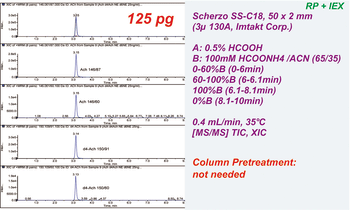
The Application Notebook
In the example shown here we seek to provide an alternative to HILIC methods by using a novel multi-mode column called the Scherzo SS-C18. This stationary phase has both reversed phase (C18) and polar components with the addition of a high density of strong anion and cation exchange ligands. This strategy for increasing polar retention is much more predictable run to run and does not require lengthy column pre-treatments.

The Application Notebook
Shiseido succeeded in development of CAPCELL CORE ADME S2.7, a novel stationary phase with an adamantyl group having a cage structure. This is characterized as alkyl group; therefore, the packed column is still easy to use just as a reversed-phase column.

The Application Notebook
The peak resolution profile remained nearly unchanged. In particular, the resolution profile of thyroglobulin was similar to the resolution that was obtained by the 4.6 mm ID × 30 cm column. This suggests that the separation of high order molecular weight species, such as aggregates from mAb, can be easily achieved using this 4.6 mm ID × 15 cm column. Ten consecutive runs yielded excellent reproducibility. In fact, peaks from 10 consecutive injections were nicely overlaid.